Indian Immigration Law and Its Implications: Theory & Practice
Immigration and emigration is the process by which individual and group of people entering and going out of State. Weather person going out of the State or coming in to the State is not an unregulated activity? It is regulated by States. However with globalization individual/s movement from one State to another State has been increased drastically for various reasons. There could be several legal reasons if person is entering in to India with valid travel documents. When a person crosses border of another country without valid documents then he could be refugee, asylum seeker, trafficker, smuggler, victims/survivor of human trafficking, terrorist, business man, tourist, employment seeker etc. Supposed one person is asylum seeker or potential refugee or victim of trafficking, who will decide his legal status as refugee, victim or criminal? If person is victim of trafficking and if s/he has been wrongly convicted under Foreigners Act, it violate human right, refugee right or victims right because neither Foreigners Act nor other Acts classify person based on his status/ activities.
There is need of law which could deal with such problem base on the activities/ status alien and provide legal remedies as if tourist becoming terrorist or illegal immigrants becomes asylum seeker or illegal immigrant seeking public resources illegally are posing treats to the security on India. Thus immigration has many facets and nature which should be treated accordingly in the eye of law. This book is humble contribution to world of academia, judiciary, prosecutors, practicing lawyers, law students, State agency and interested person who want to understand immigration law, its effects, legal challenges and impact on society, public resources and security. Immigration as law includes firstly permission to enter in to State, secondly status of refugee, thirdly legal or illegal inhabitation, fourthly border security, fifthly human rights violations and lastly punishing/deportation of law violators.
This book gives an overview of immigration law for practicing lawyers, law students, State authorities and NGOs. This book is a study of immigration issues in the light of Indian laws and loopholes within the system where it is necessary to plug those bottlenecks by effective coordination of the stake holders for protecting human rights while administering justice to the society and State at large, mobilising public resources in particular protecting the rights of refugee and trafficked victims.
Get it now and save 10%
BECOME A MEMBER

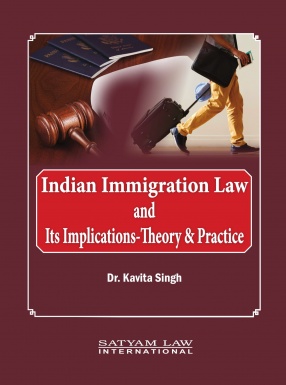

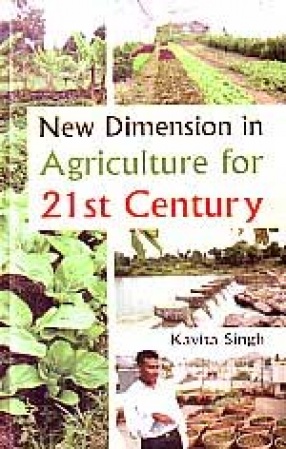
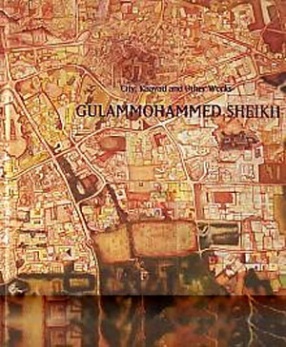
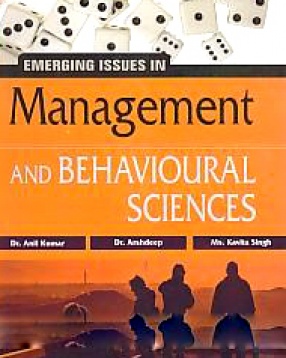
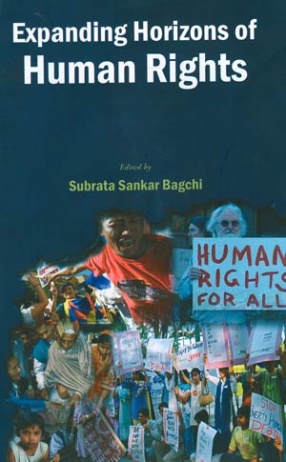
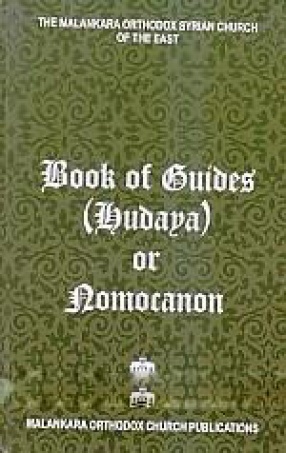
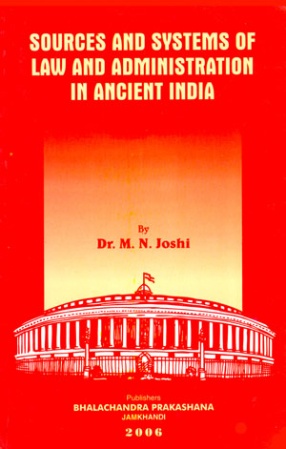
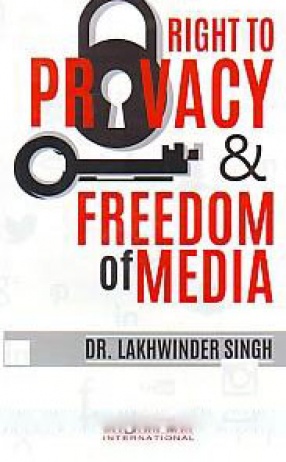

Bibliographic information